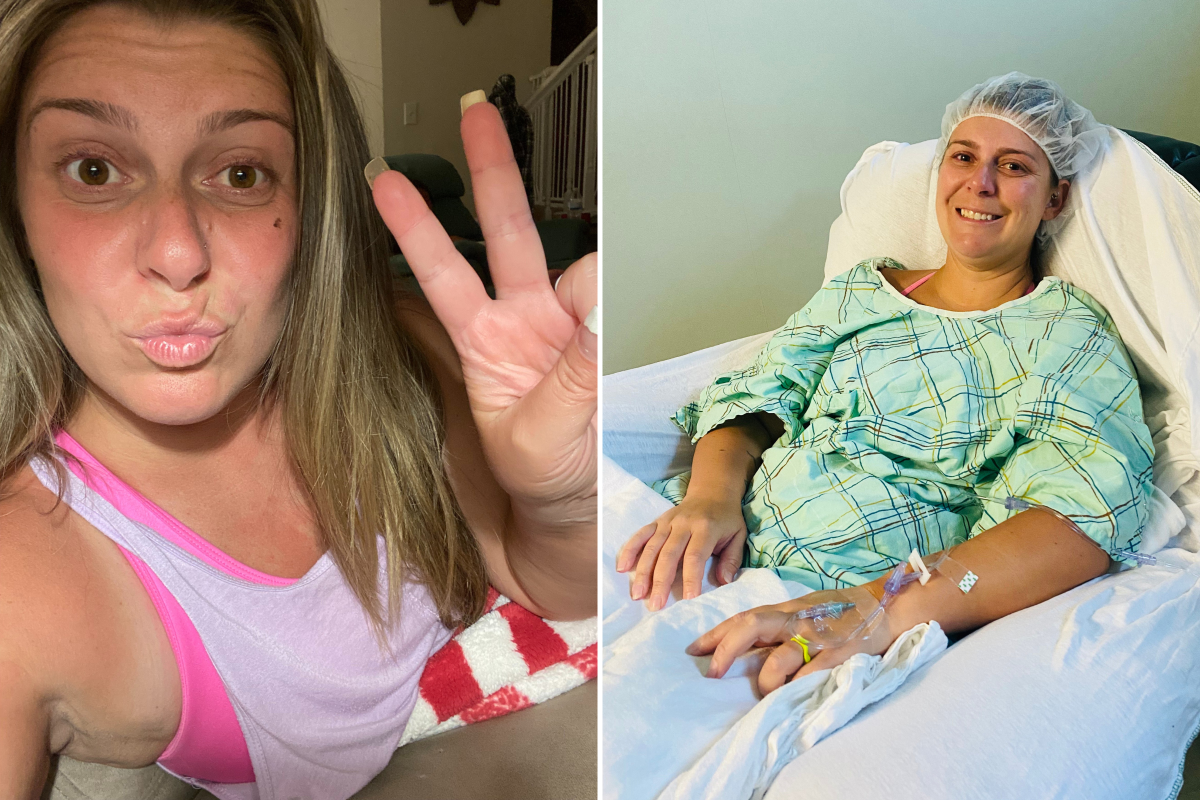A recent clinical trial has revealed that exercise significantly enhances the physical resilience of women with advanced breast cancer, improving their ability to cope with both the disease and its treatments. Conducted between **2019 and 2022**, the study involved **357 patients** diagnosed with stage 4 breast cancer across hospitals in **Germany, Poland, Spain, Sweden, and the Netherlands**.
Researchers found that participants who engaged in a structured **nine-month exercise program** gained nearly **2 pounds** of muscle mass within the initial three months. This contrasted sharply with the control group, which did not participate in any exercise. Even after six months, the exercising group maintained just under **1 pound** of additional muscle compared to their counterparts.
Anne May, a professor of clinical epidemiology of cancer, emphasized the significance of these findings. She stated, “The results from our study are important since lean body mass is linked to better treatment tolerance, prognosis, and overall health. Increased muscle strength correlates with improved quality of life and lower mortality risk.” May advocates for the integration of supervised exercise, particularly those with a resistance training component, into standard cancer care protocols.
The exercise regimen included aerobic, strength, and balance training, with participants receiving guidance from a trainer twice weekly for six months. In the final three months, there was one supervised session and one unsupervised session each week. The outcomes were notable; participants demonstrated improved physical performance, particularly in balance and muscle strength at both the three- and six-month marks.
Balance is particularly crucial for this demographic, as **74%** of the patients had cancer that had metastasized to their bones. May pointed out that low muscle mass and strength contribute to balance difficulties, which can worsen due to treatment-related nerve damage.
One participant, who initially struggled with balance and could not board a bus independently, experienced a remarkable turnaround after joining the exercise program. May recounted, “After being included in the supervised exercise group, that problem was solved, and now she can use the bus again. This means for her that she can again visit the city center and the library.”
The findings were presented at the **Advanced Breast Cancer Eighth International Consensus Conference** in **Lisbon**. The conference’s organizer, the **Advanced Breast Cancer Global Alliance**, plans to launch a **Physical Activity Resource Hub** in early **2026**. This hub will provide exercise videos, guides, and resources tailored for patients at various fitness levels and stages of breast cancer.
In a statement, **Eva Schumacher-Wulf**, an advanced breast cancer patient and editor-in-chief of the German cancer magazine *Mamma Mia!*, highlighted the necessity of targeted exercise programs. She noted, “We all know how important exercise is – for quality of life and perhaps even prognosis. However, people with advanced cancer have special needs, and not every exercise program is feasible or suitable.”
This study underscores the potential benefits of exercise as a vital component in the comprehensive care of women facing advanced breast cancer, advocating for a more integrated approach to treatment that includes physical activity tailored to individual needs.







